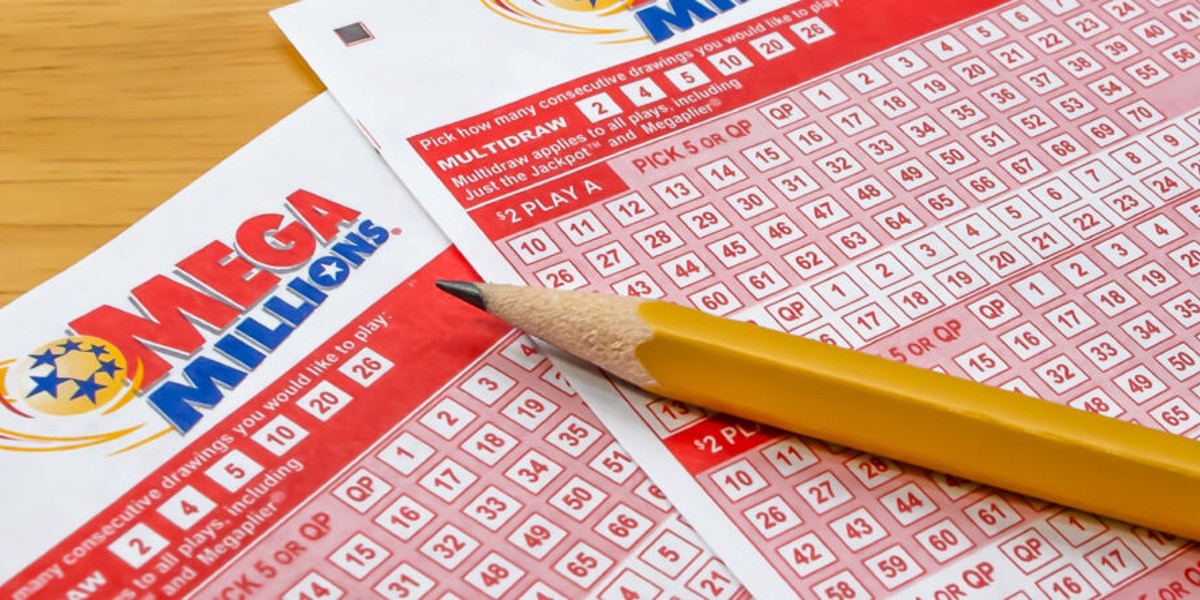
A lottery is a low-odds game of chance or process in which winners are selected at random. It can be used in a variety of decision-making situations, including sports team drafts and the allocation of scarce medical treatment. It is also a popular form of gambling, encouraging people to pay a small sum of money to be in with a chance of winning a big jackpot–often administered by state or federal governments.
In the United States, most states and the District of Columbia have lotteries. During fiscal year 2003, New York had the highest lottery sales ($5.4 billion), followed by Massachusetts (4.2 billion) and Texas (3.1 billion).
The word lottery derives from the Dutch verb lotingen, which means “to draw.” It was first recorded in Europe in the late 15th century. It was brought to the United States by British colonists, and was used for many years to raise money for towns, wars, colleges, and public works projects.
It is also a popular way for citizens to fund local government. For example, in 2005 the Indiana Lottery collected $44 million from ticket sales, which helped pay for projects and programs in that state.
The United States has more than one hundred million people playing the lottery. About seventeen percent of Americans say they are frequent players, while the rest play about once a week or less.
In addition, lottery players contribute billions of dollars to federal and state tax receipts. This money could be used to help families with their mortgages, college tuition or retirement savings.
If you are considering playing the lottery, make sure it is a tax-friendly option. Most lottery keluaran hk prize winnings are subject to 24 percent in taxes, so you will only be receiving half of your winnings after paying all of the taxes.
There are several ways to avoid this. For instance, you can choose to buy your tickets in groups, which will increase your odds of winning. You can also opt for a smaller lottery, like the state pick-3 game.
You can also try to find a group that plays the lottery regularly. These lottery pools are usually organized by an individual, known as the pool leader. This person will provide you with copies of your lottery tickets and accounting records.
A pool leader is often a professional lottery consultant or expert. It is important to select a good one who understands the ins and outs of the lottery, who is trustworthy and honest.
It is also important to select a lottery that has good odds of paying out a large amount of money. For example, try a state pick-3 game that has better odds than the Powerball or Mega Millions.
Then you need to know which numbers to use. You can do this by studying the patterns of past draws. The patterns should not be based on any single cluster of numbers, but they should be diverse and balanced.
Using a combination of probability theory and combinatorial mathematics, you can determine the probabilities of winning the lottery. Using these principles will ensure you are making the best possible decisions. Having a strong mathematical basis for your choices will help you to win the lottery with confidence and ease.